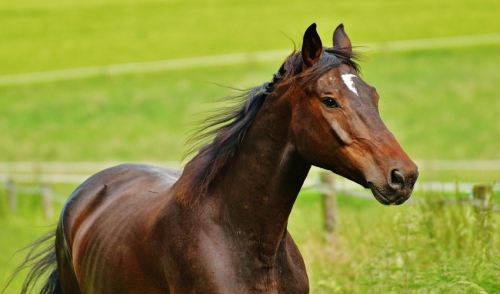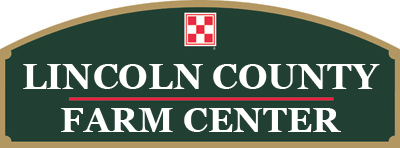{article.name}
Stay Informed
Adopting a Horse: What it Takes

- Share this:
- Share on Facebook
- Pin on Pinterest
- Tweet on Twitter
Most horses are rescued due to owners who can no longer afford to care for them or they are breeds that people just don’t want. Anyone who has ever adopted any animal can tell you it’s a journey that’s not for everyone. It requires an investment of time, money, emotion, and most of all love. Most rescue facilities typically require a ‘4A’ process, which is a comprehensive application process that helps enable the best match between horses and adopters. In addition, it also measures horsemanship skills and ability to care for the horse in the foreseeable future.
The first step in adopting a horse is filling out an application at your local equine rescue center. If you are unsure of one near you, talk your local vet to see if they may know a few or a particular horse that could use a good home. Some centers will requires a small application fee so be prepared to spend a little money to get your name on the consideration list for possible matches. Once you have submitted an application the review or assessment begins. This part of the process can take some time and will require multiple meetings before a full assessment can be completed. During this phase the people at the rescue center will question you about your passion for horses, your experiences, the experience of your staff if you have any, and gauge whether or not your home is suitable for the adoption of a horse. This also means a barn visit by the representatives at the center to make sure the basic facility requirements are met. Basic requirements include a minimum 400 sq. feet of corral space per animal, suitable fencing materials, and the minimum shelter requirements for wild horses and burros based on the State or Region in which the animal will reside in unless otherwise stipulated by an authorized officer. Each applicant must also provide a proper stock or horse trailer to move the horse around. Once you are successfully approved and matched to a horse, you are ready to sign the adoption contract. Before signing the contract, make sure to retrieve any and all medical history of the horse. All horses, wild or not should have a record of vaccinations and a negative Coggins test result available. In the event you are not initially approved to adopt the horse, most centers will allow you to go through a training period with trainers at the rescue center until you are fully prepared for the responsibility.
Once you have successfully adopted the horse don’t hesitate to use the rescue center as a resource especially if it’s your first time. Adopt a horse based on your goals for the animal and be prepared to fully cater to its needs. Adopting a horse requires an exceptional amount of work and experience. Emotions can run high and results can take time. Stay patient, don’t be afraid to ask for help, and give your horse as much love as possible. If your head is in the game and your heart remains full, you’ll be in for the equine ride of your life.
Special Offers
We are constantly adding new specials to our site. Be sure to check back often!


Comments